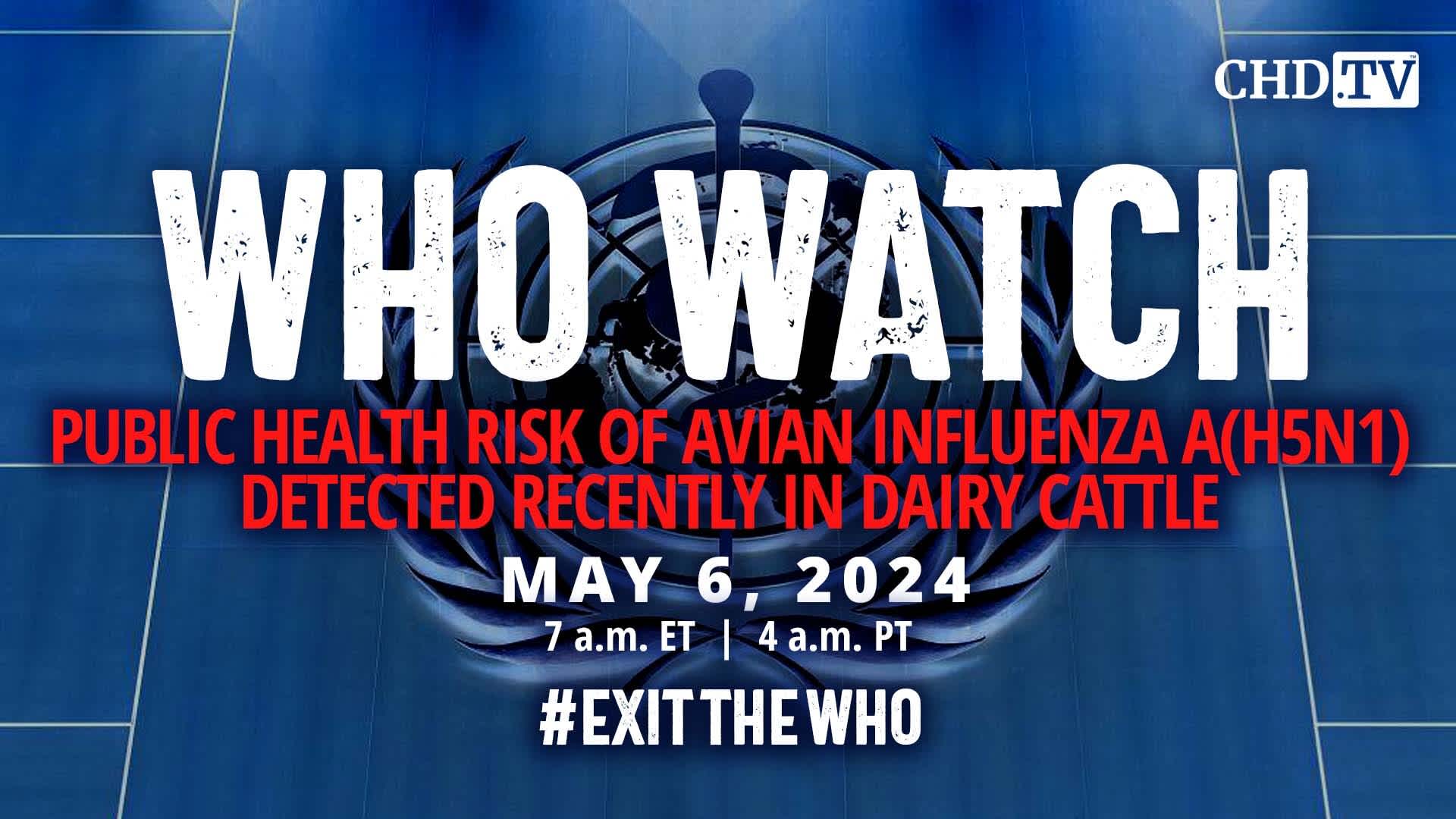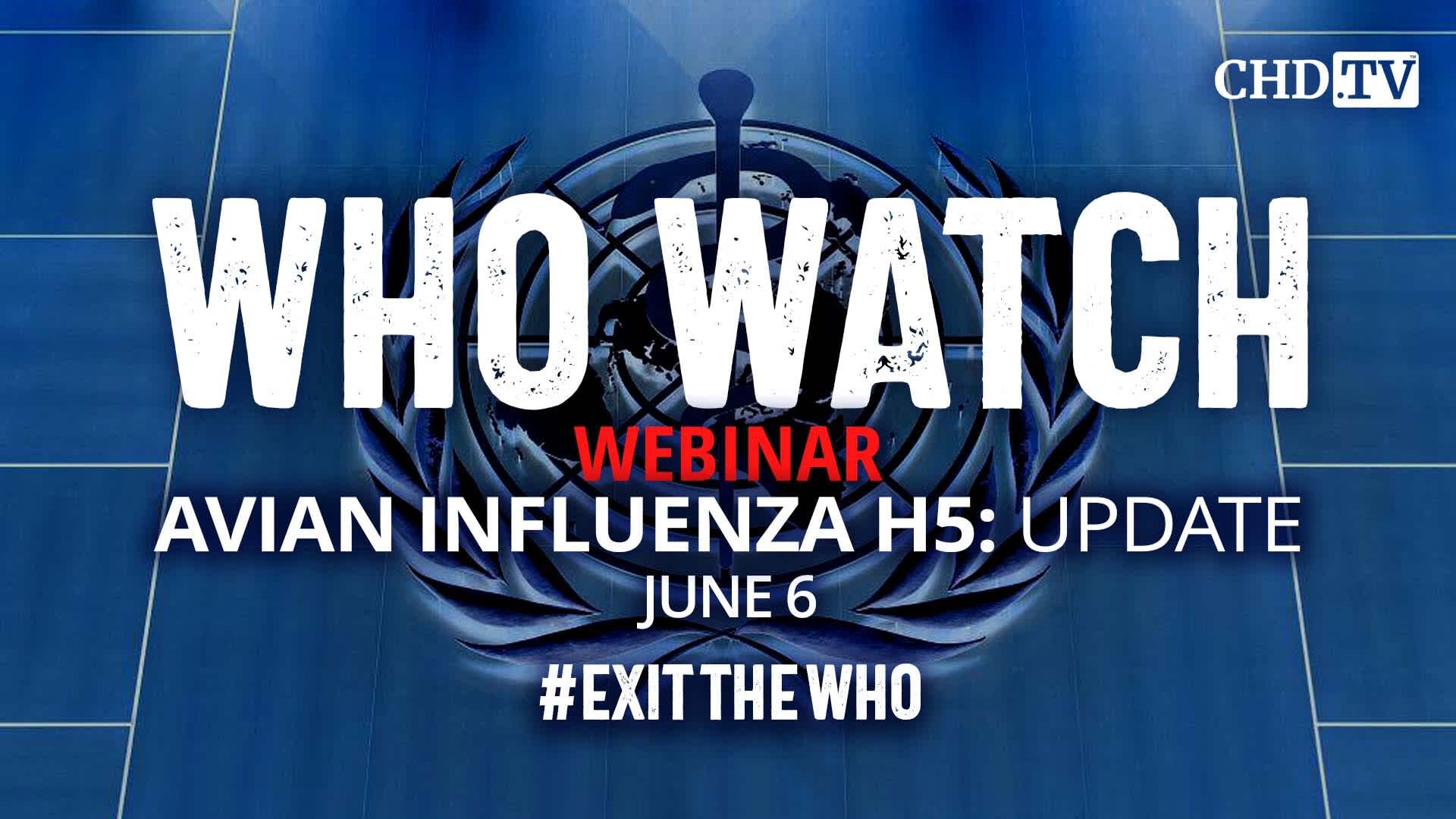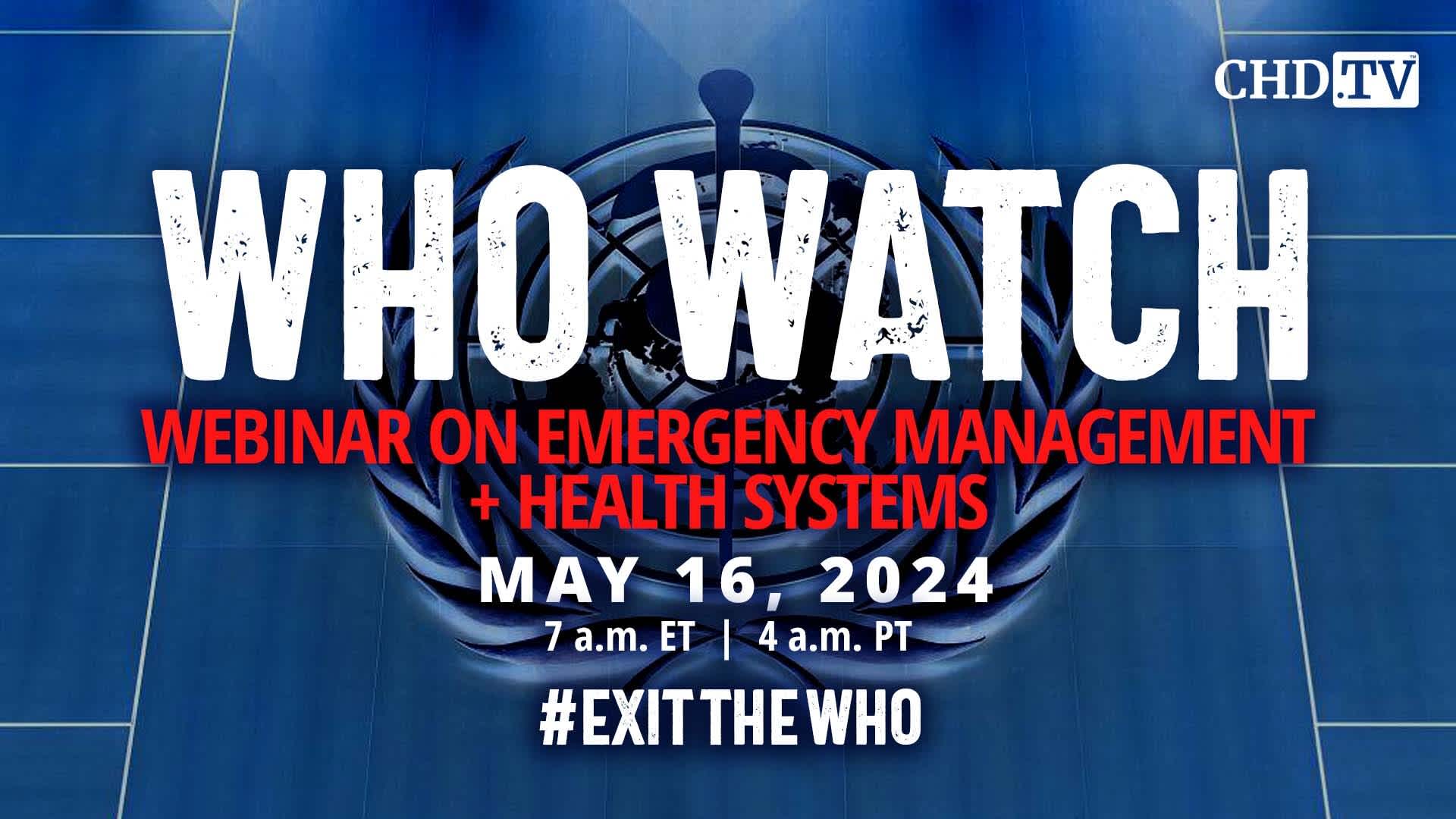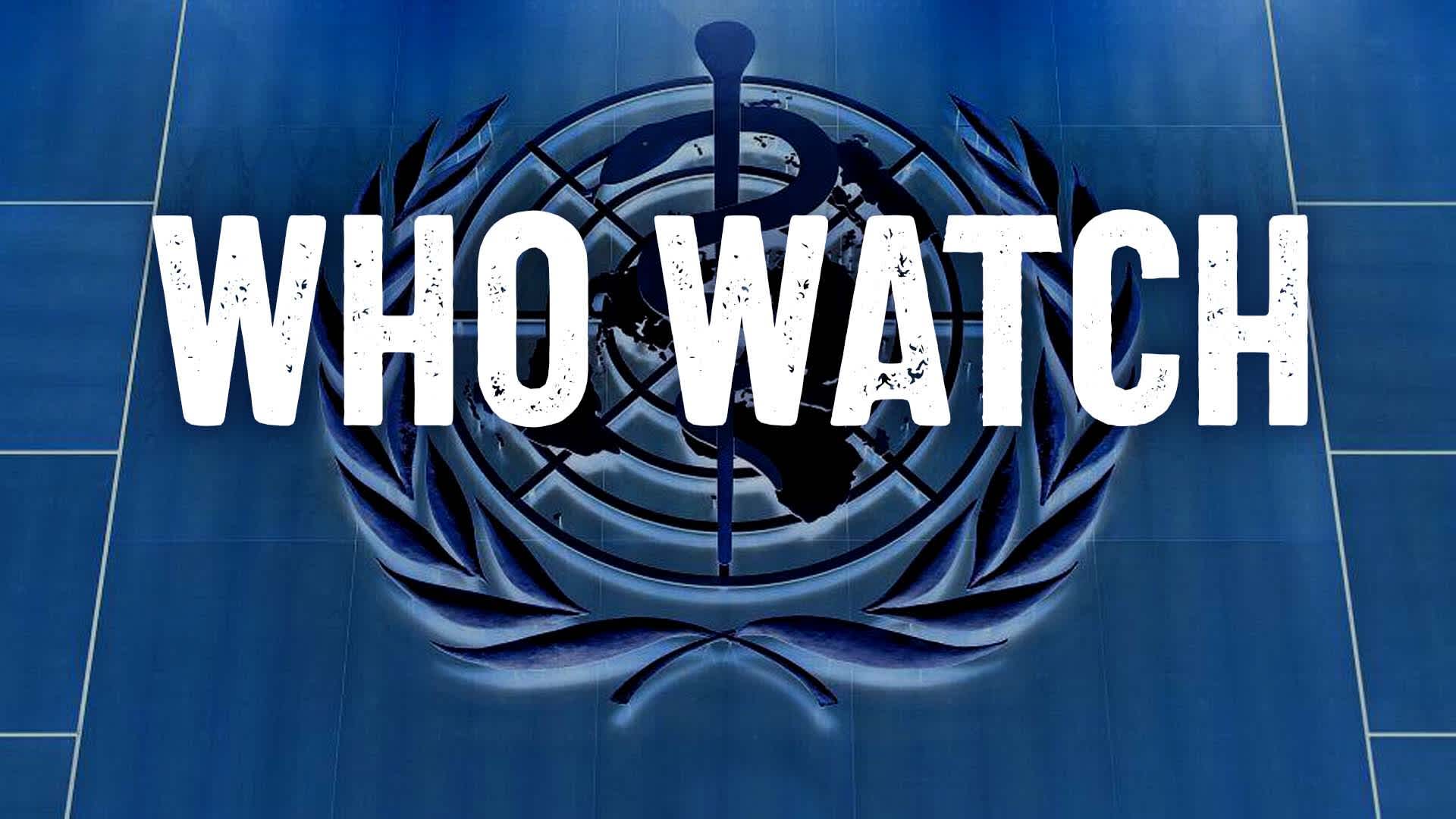Aug 13, 2025
Aug 13, 2025
chat
WHO WATCH: Respiratory Syncytial Virus (RSV) Genomic Surveillance – How & Why
#EXITTHEWHO
Background:
‘Respiratory syncytial virus (RSV) is a common virus that causes infections of the upper and lower respiratory airways (including the nose, sinuses and lungs). Each year, RSV causes an estimated 3.6 million RSV-associated hospitalizations and approximatively 100 000 RSV-attributable deaths in children under 5 years of age worldwide.
‘The RSV genomic surveillance guidance is critically important, operationalizing a core pillar of the Global Genomic Surveillance Strategy for Pathogens with Pandemic and Epidemic Potential (2022–2032). Specifically, it:
- Increases awareness amongst policy makers of the public health importance of RSV genomic surveillance
- Strengthens laboratory and genomic surveillance and bioinformatics capacities in Member States
- Serves to generate an evidence base of genetic sequence data for RSV at the global level and fill information gaps especially in low- and lower-middle income countries’
The objectives of this webinar are:
- To orient the public health community on the importance of RSV genomic surveillance and the technical and operational considerations for RSV sequencing and bioinformatics
- Support in strengthening LMICs capacities for RSV genetic sequencing and bioinformatics, to better understand and monitor RSV phylogenetic diversity
- Help standardize genomic surveillance practices across countries, encouraging timely sharing of genetic sequence data to public-accessible data platforms
Speakers:
- Welcome remarks – the importance of RSV genomic surveillance, WHO efforts : Dr Wenqing Zhang (TBC)
- RSV genomic surveillance – operational considerations: Dr. Thomas Williams, University of Edinburgh, United Kingdom
- Leveraging RSV genetic sequence data for public health: Dr Sebastian Maurer-Stroh, GISAID Data Science Initiative
CHD.TV offers a wide range of content pertaining to children's health. We regularly stream hearings, meetings and lectures from the World Economic Forum, National Institutes of Health, World Health Organization and other entities to keep you up to date the tactics and ideologies of those who influence public health, though Children's Health Defense may not have any affiliation with these organizations or individuals.
*The opinions expressed by the hosts and guests in this show are not necessarily the views of Children’s Health Defense.





